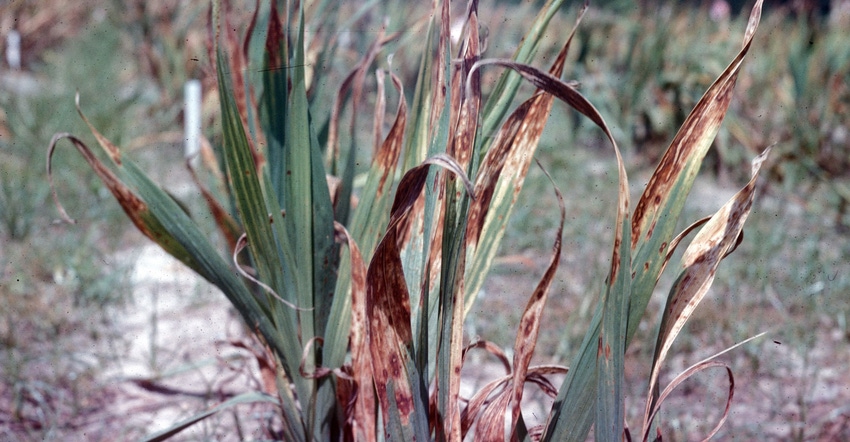April 13, 2021

The world of crop protection is not totally centered on the United States. As global expansion of biological products continues, innovators around the world are at work on new ways to protect crops. Botanical Solution Inc. has developed a plant-based approach to crop protection that caught the eye of crop protection giant Syngenta, and that partnership is expanding.
Recently, BSI announced it reached an agreement to commercialize its first product in Peru and Mexico. In 2019, BSI and Syngenta partnered to introduce the product — Botristop — in Chile. That product will now gain greater market access through the Syngenta relationship.
“Syngenta’s experience with Botanical Solution in Latin America has shown them to be a credible partner with proprietary technology to develop plant extracts from tissue culture that are effective in protecting crops from key diseases,” says Mark Jirak, North American Biologicals business development lead, Syngenta. “This is a sustainable way to produce the extracts and aligns with Syngenta’s mission of providing growers with effective, sustainable solutions.
Related: A look at plants for crop protection
BSI has developed a proprietary process for isolating compounds that have crop protection activity from plants. The company is working with Quillaja saponaria Molina, a plant native to Chile.
Notes Gaston Salinas, BSI CEO: “BSI has innovated and patented a unique method of growing and extracting the key ingredient when the tree is grown in vitro,” he says. “This means we do not have to cut down an acre of trees to protect an acre of grapes.”
The biofungicide’s unique modes of action offer growers an effective approach to resistance management. Botristop is effective against botrytis, powdery mildew, sour rot in grapes, “and we’re expanding to two additional target diseases, particularly in Mexico,” Salinas says.
Botanicals versus biologicals
The biological market is a growing business for many companies, and it often relies on bacteria or other living approaches to tackle crop challenges. Botanicals are different. BSI’s patented approach to growing plants and extracting key active ingredients allows it to search out more than that first Chilean plant for more active ingredients. And botanicals offer other benefits.
Adds Syngenta’s Jirak: “Botanicals provide answers to challenges faced by microbials in their supply chain that affect product quality and consistency. Botanical Solution’s patented extraction method is sustainable and efficient, which is also attractive to Syngenta.”
While Botristop is not headed for the U.S. market right away, there may be potential in the future. BSI is targeting more crops for its products, and the expanding need for resistance management drives innovation.
Salinas notes that in 2021, BSI will be testing products in California, North Carolina, New York and Florida. The product has been submitted for registration in the U.S., with a fourth-quarter 2022 target date for launch.
Jirak adds that Botristop has been submitted for review by both EPA and the California Department of Pesticide Registration for registration.
And work with new plant extracts continues, too. “Botristop is a fungicide, but other uses are being explored,” Jirak says. “Additional plant extracts are being tested for disease, insect, nematode control and biostimulant effects.”
In fact, Galinas notes that the Botristop name may evolve into a problem since that plant-based biofungicide has been found to be active on more than botrytis in the field. He notes that a name change may be in the product’s future.
And Galinas says more work is underway with product testing, as well as identifying some key active ingredients already successful in the marketplace, but in short supply. In this case, BSI’s proprietary process would expand production of those active ingredients.
You can learn more about BSI and its botanical approach by visiting botanical-solution.com.
About the Author(s)
You May Also Like






